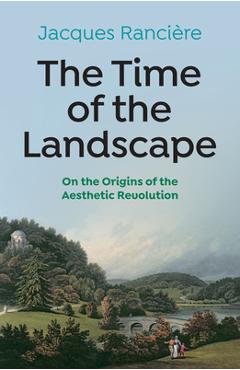Edges of Fiction - Jacques Ranciere

Detalii Edges of Fiction - Jacques
libris.ro
122.33 Lei
135.92 Lei
Social Sciences
Jacques Ranciere
Edges of Fiction - Jacques - Disponibil la libris.ro
Pe YEO găsești Edges of Fiction - Jacques de la Jacques Ranciere, în categoria Social Sciences.
Indiferent de nevoile tale, Edges of Fiction - Jacques Ranciere din categoria Social Sciences îți poate aduce un echilibru perfect între calitate și preț, cu avantaje practice și moderne.
Preț: 122.33 Lei
Caracteristicile produsului Edges of Fiction - Jacques
- Brand: Jacques Ranciere
- Categoria: Social Sciences
- Magazin: libris.ro
- Ultima actualizare: 05-06-2025 16:21:01
Comandă Edges of Fiction - Jacques Online, Simplu și Rapid
Prin intermediul platformei YEO, poți comanda Edges of Fiction - Jacques de la libris.ro rapid și în siguranță. Bucură-te de o experiență de cumpărături online optimizată și descoperă cele mai bune oferte actualizate constant.
Descriere magazin:
What distinguishes fiction from ordinary experience is not a lack of reality but a surfeit of rationality - this was the thesis of Aristotle\'s Poetics. The rationality of fiction is that appearances are inverted. Fiction overturns the ordinary course of events that occur one after the other, aiming to show how the unexpected arises, happiness transforms into unhappiness and ignorance into knowledge. In the modern age, argues Ranciere, this fictional rationality was developed in new ways. The social sciences extended the model of causal linkage to all spheres of human action, seeking to show us how causes produce their effects by inverting appearances and expectations. Literature took the opposite path. Instead of democratizing fictional rationality to include all human activity in the world of rational knowledge, it destroyed its principles by abolishing the limits that circumscribed a reality peculiar to fiction. It aligned itself with the rhythms of everyday life and plumbed the power of the "random moment" into which an entire life is condensed. In the avowed fictions of literature as well as in the unavowed fictions of politics, social science or journalism, the central question is the same: how to construct the perceptible forms of a shared world. From Stendhal to Joao Guimaraes Rosa and from Marx to Sebald, via Balzac, Poe, Maupassant, Proust, Rilke, Conrad, Auerbach, Faulkner and some others, this book explores these constructions and sheds new light on the constitutive movement of modern fiction, the movement that shifted its centre of gravity from its traditional core toward those edges in which fiction gets confronted with its possible revocation.

Produse asemănătoare
Produse marca Jacques Ranciere

The Time of the Landscape: On the Origins of the Aesthetic Revolution - Jacques Ranciere
![]() libris.ro
libris.ro
Actualizat in 11/04/2024
118.22 Lei


